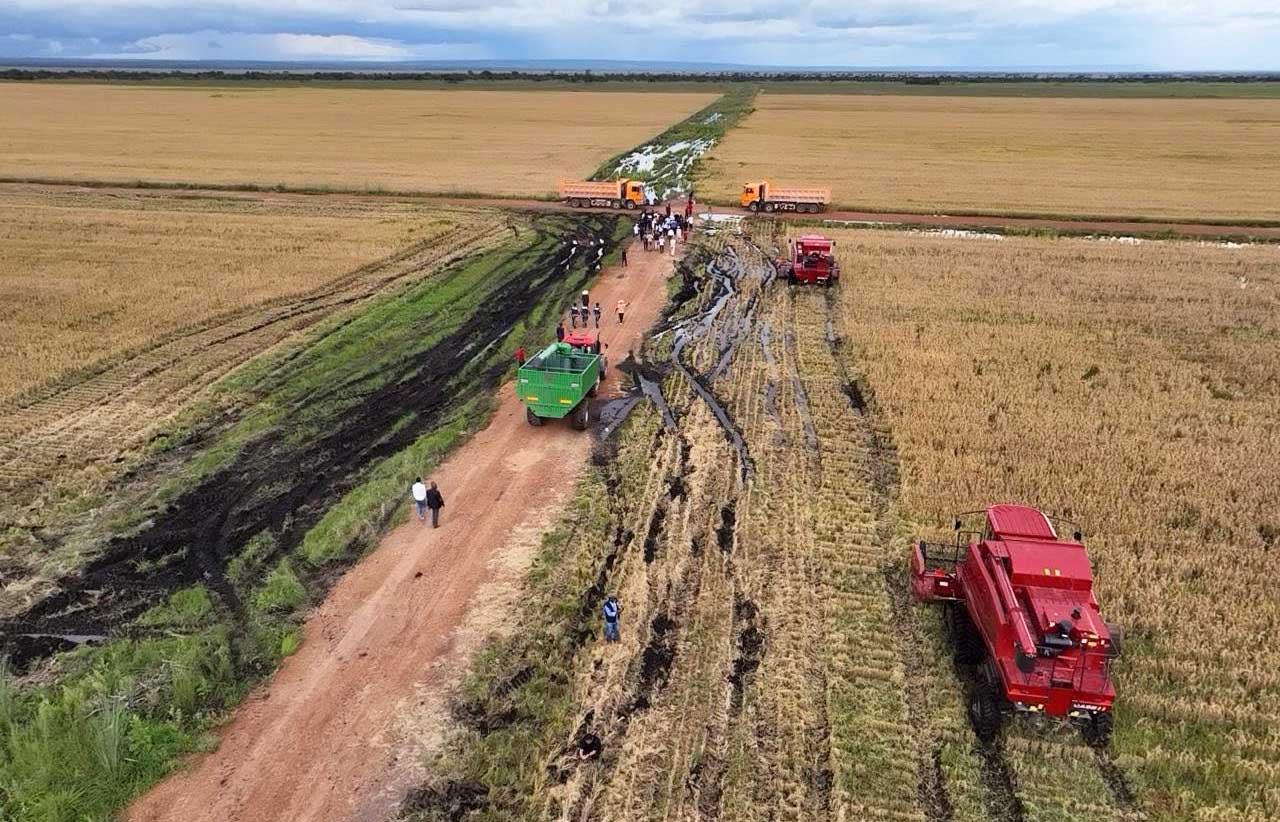Africa-Press – Botswana. One of the key challenges facing farmers today is lack of business orientation.
By positioning themselves as agripreneurs rather than just producers, farmers can tap into broader markets, attract investment, and ensure long-term sustainability, says Botswana University of Agriculture and Natural Resources (BUAN) Department of Agricultural and Applied Economics, Dr Keilwe Kgosikoma. Speaking as a facilitator during the Kang farmer’s workshop organised by Kang Farmer’s Association, Dr Kgosikoma said with the right mind-set and application of business principles, farming could become a highly profitable and sustainable livelihood.
“In many parts of the country, farming remains a way of life rather than a business venture. While agriculture holds tremendous potential for economic growth, most farmers are yet to embrace it as a commercial enterprise,” she said.
Dr Kgosikoma said transformation of farming into a business required education, support, and a change in perspective, adding that if farmers adopted entrepreneurial traits and continuously seek to innovate, they would be able to unlock the full potential of agriculture, not just as a means of survival, but as a thriving business.
“Basic yet critical practices such as record-keeping, cost analysis, and financial planning are often neglected. Without a clear understanding of cash inflows and outflows, farmers are unable to evaluate the profitability of their operations or make informed decisions. There’s a need for a mind-set shift among farmers. Farming should not only be about producing food but also about maximising profits and reducing costs,” she added.
Dr Kgosikoma noted that with proper planning, innovation, and the right business tools, farmers could thrive. She noted that entrepreneurship skills such as innovation and diversification were essential in modern agriculture. The BUAN academic encouraged farmers to look beyond traditional practices and explore opportunities across the entire agricultural value chain. She further advised those in the beef industry to develop value-added packages, such as processed meat products, leather goods, or animal feed production, which would not only boost income but would also create employment and strengthen the local economy.
“Diversifying income streams and adopting new technologies can significantly reduce risks and increase resilience,” she said.
For his part, Vetro Specialist, Veterinarian, Dr Mbatshi Mazwiduma advised farmers looking to improve their profitability to pay close attention to the timing of cattle births. He said proper management of cattle fertility, particularly in heifers, was crucial to achieving consistent and productive calving cycles. Dr Mazwiduma said key factors influencing cattle fertility included genetics, nutrition, and effective management. He advised farmers to ensure heifers reach a minimum weight of 300kg before breeding as this could enhance fertility outcomes. Furthermore, he encouraged farmers to aim for each heifer to give birth annually.
“Yearly calving is achievable with proper nutrition and herd management,” he noted.
Dr Mazwiduma added that poor nutrition was one of the leading causes of delayed calving, and could often be avoided through the use of commercially prepared cattle feeds.
“While some farmers prefer to mix their own feed, be warned that doing so can sometimes result in nutrient deficiencies particularly of selenium, which is a vital trace element. Deficiency of selenium can have a massive impact on cattle fertility and calf health,” he explained.
The veterinarian advised farmers to use commercial feeds as they were manufactured according to Botswana Bureau of Standards (BOBS), ensuring they contained essential supplements often missed in farm-prepared mixtures. He also urged farmers to increase supplementation during the rainy season, when cattle were more likely to absorb nutrients efficiently.
For More News And Analysis About Botswana Follow Africa-Press






